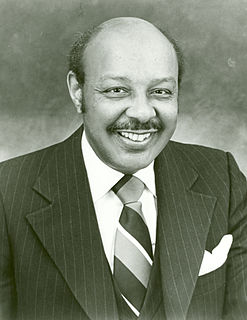A Quote by Sarah Weinman
How can quality crime fiction not be produced with available subject matters as the Industrial Revolution, the Napoleonic Wars, the creation of organized police forces, the dawn of forensic science, and the rise and fall of Romanticism?
Related Quotes
Once I got interested in organized crime, and, specifically, Jewish organized crime, I got very interested in it. I have learned that, like my narrator Hannah, I'm a crime writer in my own peculiar way. Crime with a capital "C" is the subject that I'm stuck with - even Sway is about "crime" in a certain way. The nice thing about crime is that it enables you to deal with some big questioO
The development of science has produced an industrial revolution which has brought different peoples in such close contact with one another through colonization and commerce that no matter how some nations may still look down upon others, no country can harbor the illusion that its career is decided wholly within itself.
The world has witnessed the rise and fall of monarchy, the rise and fall of dictatorship, the rise and fall of feudalism, the rise and fall of communism, and the rise of democracy; and now we are witnessing the fall of democracy... the theme of the evolution of life continues, sweeping away with it all that does not blossom into perfection.
To those who think that all this sounds like science fiction, we point out that yesterday's science fiction is today's fact. The Industrial Revolution has radically altered man's environment and way of life, and it is only to be expected that as technology is increasingly applied to the human body and mind, man himself will be altered as radically as his environment and way of life have been.
































